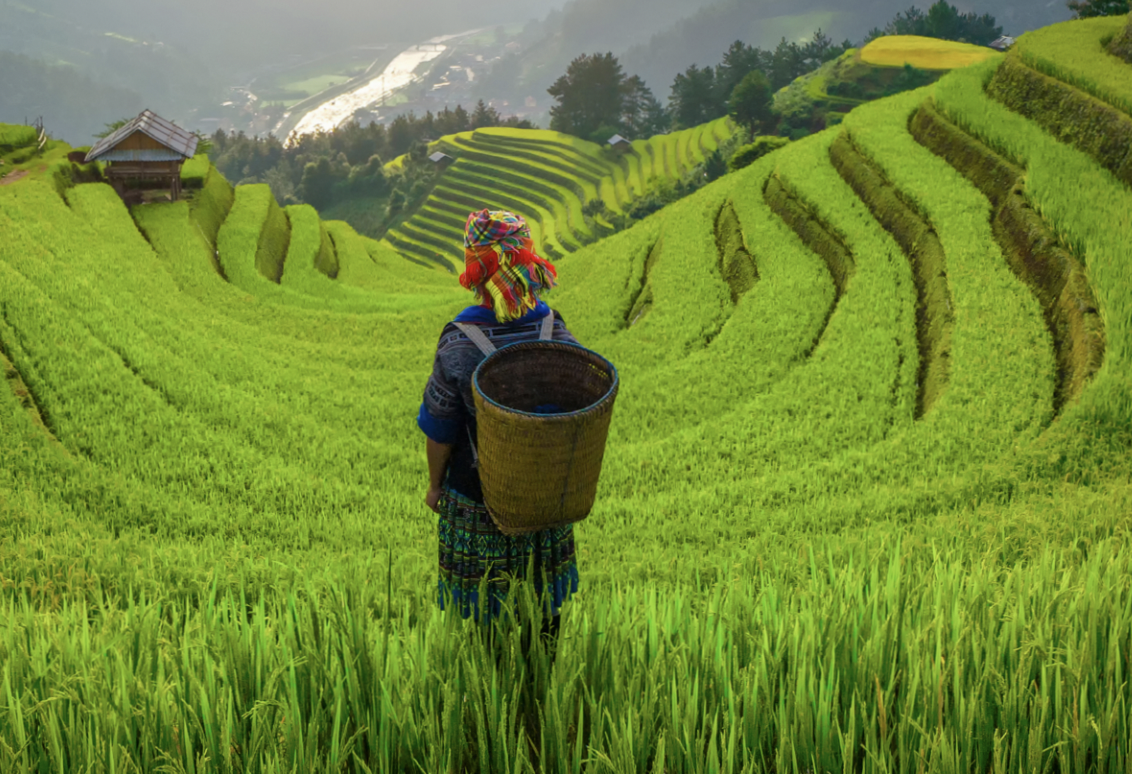Totaling more than $639 billion per year, public policies and support to agriculture create powerful incentives influencing which crops we grow, the diets we consume, and the impact these decisions have on the environment. Currently, however, the structure of this support contributes to many of the hidden costs our food systems generate. Agriculture, land use change, and the broader food system produce an estimated 34% of global greenhouse gas emissions and are one of the greatest contributors to biodiversity loss and the degradation of natural resources, while also increasing zoonotic risks and along with this the likelihood of future pandemics. At the same time, food systems fail to deliver affordable, nutrient-adequate diets for all and livable incomes for millions of farmers and food sector workers.
Indeed, the vulnerability of food systems to major shocks is playing out today in the Ukraine-Russia crisis, which is driving food prices even higher. If anything, the current crisis shows the need to make food systems more diverse, more productive and more resource-efficient to withstand rising risks.
In practice, however, repurposing agriculture policies and support programs for better outcomes is likely to create significant tradeoffs and be highly politically sensitive. Understanding these tradeoffs and the likely impacts of any changes is critical to identify the most promising shifts that can best serve the triple bottom line on people, climate, and the economy to build support that stands the test of the time.
In a new joint report from IFPRI and the World Bank, our colleagues evaluate a menu of policy options for repurposing agricultural support for better environmental, nutrition, and social outcomes by modeling the impacts of several scenarios, with results projected out to 2040. The findings indicate that a well-designed and coordinated approach to repurposing public agricultural support could deliver such multiple wins.
By far, the best outcomes were found in repurposing existing agricultural policies and support towards investment in technologies and innovations, combined with incentives for their adoption (e.g., through ecoservice payments) that both increase productivity and reduce emissions intensities. Repurposing just 15% of current support levels in this way could contribute to a reduction in overall emissions from agriculture by 40%, increase world real income by about 1.6%, reduce extreme poverty by 1%, and reduce the agricultural land use footprint by over 100 million hectares. Close to half the reduction in emissions is from avoided conversion of forest and other land for agriculture, which promote biodiversity and conserve natural resources. Higher agricultural productivity would produce more food at less cost, driving down the cost of nutritious diets by about 19%.
Pipelines of new technologies—such as additives to cattle feed to reduce GHGs produced and methane-reducing production techniques for rice—have already shown promise in reducing emissions and can be readily adapted for deployment in diverse contexts with additional funding for research and development. Repurposing for investment in innovations and incentives for their adoption is also less politically challenging, as it generates multiple wins for broad groups of constituents.
The report stresses that if the push towards adoption of sustainable practices does not also increase productivity, consumers may face higher food prices, farmers may lose income, and environmental gains from improved practices could be offset if lesser productivity induces farmers to clear more land for agricultural production.
Change must happen at the country level, where the rubber meets the road, but such change will need to be generated through internationally concerted efforts to achieve global goals. As part of the Food Systems 2030 Trust Fund, and through the Policy Action Coalition for Repurposing Public Support to Agriculture under the Just Rural Transition initiative, the World Bank supports interested countries through its technical assistance program to achieve change at the national level. Working with technical partners such as IFPRI and the U.N. Food and Agriculture Organization (FAO), the program helps countries assess the scale and nature of existing agricultural policies and public spending, assess the tradeoffs and synergies from potential options to repurpose them to identify the most suitable options for action in their specific contexts. A Policy Action Agenda to mainstream and accelerate these efforts was launched on Nature Day at the 2021 UN Climate Change Summit in Glasgow (COP26).
Maximizing benefits and minimizing tradeoffs will be impossible without strong and urgent collaboration at the global level to achieve the scale of transformation needed to bend the arc on climate change, as well as to help avoid harmful protectionism and political backlash in response to changes in support. Much more needs to be done to negotiate approaches to reducing emissions from agriculture and land use change through the UN Framework Convention on Climate Change. Likewise, resumption of agricultural trade negotiations in the context of WTO should focus on better aligning trading rules and domestic support with both food security and climate objectives.
Ensuring a future in which all people can thrive will require bold action and big policy changes in many arenas. We already spend vast resources to support agriculture—but it is spent highly inequitably and in a manner that is far from good value for money. It’s time this money is used to deliver a more just rural transition towards a global food system that delivers the best possible value for all people, economies, and our planet.
Johan Swinnen is Director General of IFPRI and Global Director of the CGIAR Systems Transformation Science Group; Martien van Nieuwkoop is the World Bank’s Global Director, Agriculture and Food Global Practice.







